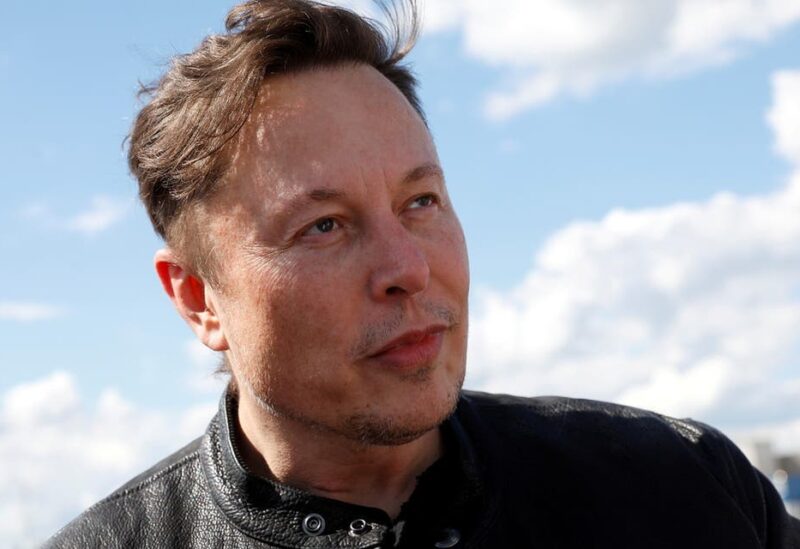
Tesla CEO Elon Musk
In July 2021, 130 countries announced coordinated reforms to prevent multinationals evading tax. Many rejoiced at the prospect of Amazon and Facebook finally paying their fair share. However, unless we see suitable reforms on the spending side of the government budget equation, it could turn into a power grab by entrenched elites.
The impetus is that tax codes were developed in an era where physical premises were required for service delivery. Such codes are poorly suited for taxing corporations in the digital age when companies, such as Google and Twitter can have zero assets or employees working in a country in which they operate.
Consequently, we are often treated to galling headlines telling us that Amazon paid zero dollars in corporation taxes despite making billions of dollars in sales.
The present reforms seek to address this flaw by creating a minimum global tax rate, preventing corporations from cunningly deploying their headquarters in a certain country as a way of evading taxes in another. It has taken years of negotiations by finance ministers across the world to summon the political will.
Behind the headlines is a deeper feeling of resentment towards the rich in general, and not just multinationals. Most ordinary people perceive the top 1 percent to be proficient tax dodgers who have perverted the political system to serve their own interests.
For example, too many, the global financial crisis was a problem manufactured by corporate irresponsibility, and the huge public debts incurred in its wake will be paid for by taxes levied upon the masses rather than the elites who caused the crisis.
Accordingly, there are plans for the recent 130-country accord to cover other forms of tax evasion. This includes the alleged accounting gymnastics that Elon Musk used to legally pay zero taxes in 2018.
But before you start sharpening your guillotine blade and practicing cries of “vive la revolution!” take a moment to understand the full power dynamics at play.
If you think – correctly in my opinion – that elite interests disproportionately influence government decisions, then why would those elite interests suddenly start turning against themselves? Is it because the revolution has finally arrived?
Perhaps.
Alternatively, it could be that there are cracks among the elite mafias that hold sway on governments, and that the slogan of “let them pay their fair share” is simply a cover for a power grab by one faction at the expense of another.
Or, it could be a smokescreen that leaves everything largely unchanged. Remember that rich people’s influence over government does not simply take the form of tax evasion; it also shows up as favorable spending, such as subsidies to military contractors; and as favorable legislation, such as strict zoning regulations in the neighborhoods where the elite live.
A rich person paying more taxes can avoid losing out if they ensure that the tax revenues are funneled back toward their personal projects, whether they are nice “public” amenities in their neighborhoods or subsidies on luxurious Tesla cars that only the rich can afford.
Through mass education, ordinary people need a deeper understanding of the field of political economy. A trap we all fall into is believing that there exists a virtuous leader who – if elected into office – will do what’s right. The reality is that the process by which government decisions are made is very complex, and that without fundamental reforms to that process, simply putting more money into the hands of civil servants – whether it comes from the pockets of the rich or otherwise – is no panacea.
At worst, it could just be an elaborate ruse to shut the masses up for a few more years while elite kleptocrats continue to fill their boots. Amazon might be paying more in taxes, but any impact that has on the welfare of the masses is severely blunted by its persistent ability to influence lawmakers.
As an illustration, consider the generous incentives it secured from the Virginia government when it chose Arlington for its second headquarters after an elaborate bidding war between multiple US states. That’s probably what former US Secretary of State Henry Kissinger had in mind when he quipped: “Corrupt politicians make the other ten percent look bad.”